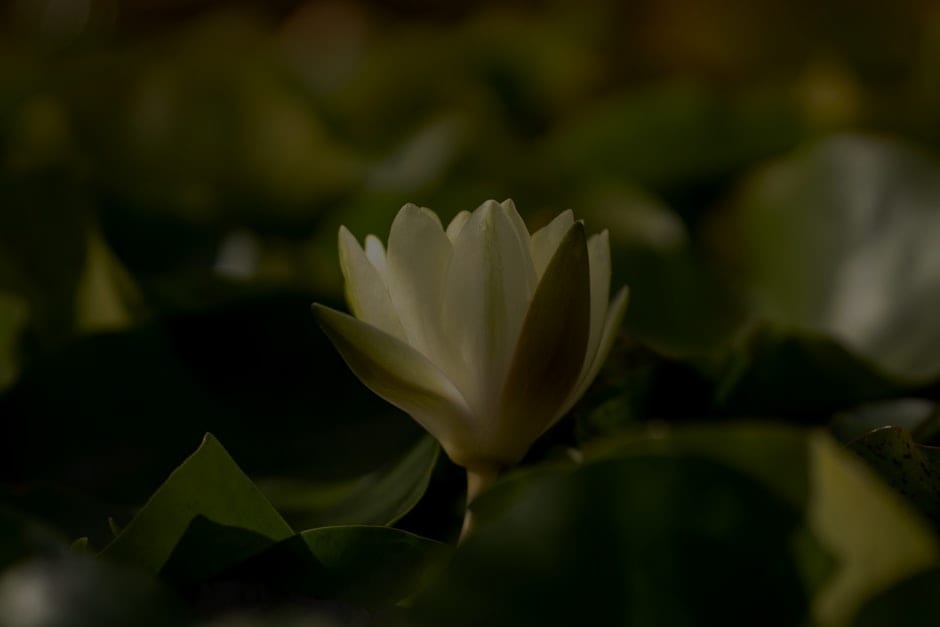**Creating Outdoor Serenity: The Art of Zen Gardens and Feng Shui Elements**
Creating a Zen garden is more than just an aesthetic endeavor; it’s a pathway to achieving tranquility and balance in your outdoor space. This article explores the essential feng shui elements that can transform your garden into a serene sanctuary.
Understanding Zen Gardens
Zen gardens, or karesansui, originated in Japan and are designed to promote peace and contemplation. They often feature gravel, rocks, and minimal vegetation, allowing for a meditative experience. The simplicity of these gardens encourages mindfulness, making them a perfect retreat from the chaos of daily life. By incorporating feng shui principles, you can enhance the energy flow within your garden, inviting positive chi and creating an environment that fosters relaxation.
Essential Feng Shui Elements
Incorporating feng shui elements into your Zen garden can greatly enhance its serenity. Key components include water, rocks, plants, and pathways. Water symbolizes abundance and tranquility, so consider adding a small fountain or pond to your space. The sound of flowing water creates a soothing atmosphere that can help reduce stress. Rocks represent stability and strength; strategically placing them can create focal points that draw the eye and encourage reflection.
Choosing the Right Plants
When selecting plants for your Zen garden, opt for varieties that promote calmness and harmony. Bamboo is an excellent choice, as it symbolizes flexibility and resilience. Other options include Japanese maples, which provide vibrant color and texture without overwhelming the senses. Incorporating these plants not only enhances the visual appeal of your garden but also aligns with feng shui principles by fostering a sense of balance and tranquility.
Creating Pathways for Flow
Pathways are essential in guiding energy through your Zen garden. Use natural materials like stone or wood to create winding paths that encourage exploration and contemplation. The design should be organic, mimicking the flow of nature. As visitors meander through the garden, they should feel a sense of discovery and peace, allowing them to connect with their surroundings and their inner selves.
Color and Texture: The Subtle Touches
Color and texture play a significant role in the overall ambiance of your Zen garden. Soft, muted tones promote relaxation, while textures like smooth stones and rough bark create a tactile experience. Incorporate these elements thoughtfully to enhance the garden’s calming effect. Consider using white gravel to represent purity and clarity, while darker stones can add depth and grounding energy.
Mindful Maintenance for Lasting Serenity
A Zen garden requires regular maintenance to preserve its tranquility. Engage in mindful gardening practices, such as raking gravel or pruning plants, as a form of meditation. This not only keeps your garden looking its best but also reinforces the calming benefits of your outdoor sanctuary. The act of tending to your garden can become a ritual that fosters a deeper connection to nature and self.
Conclusion: Your Personal Retreat Awaits
Creating a Zen garden infused with feng shui elements is a rewarding journey that can lead to profound personal growth and serenity. By thoughtfully selecting plants, incorporating water features, and designing pathways, you can craft an outdoor space that nurtures your spirit. Embrace the art of Zen gardening, and allow your garden to become a peaceful retreat that rejuvenates your mind and soul.










